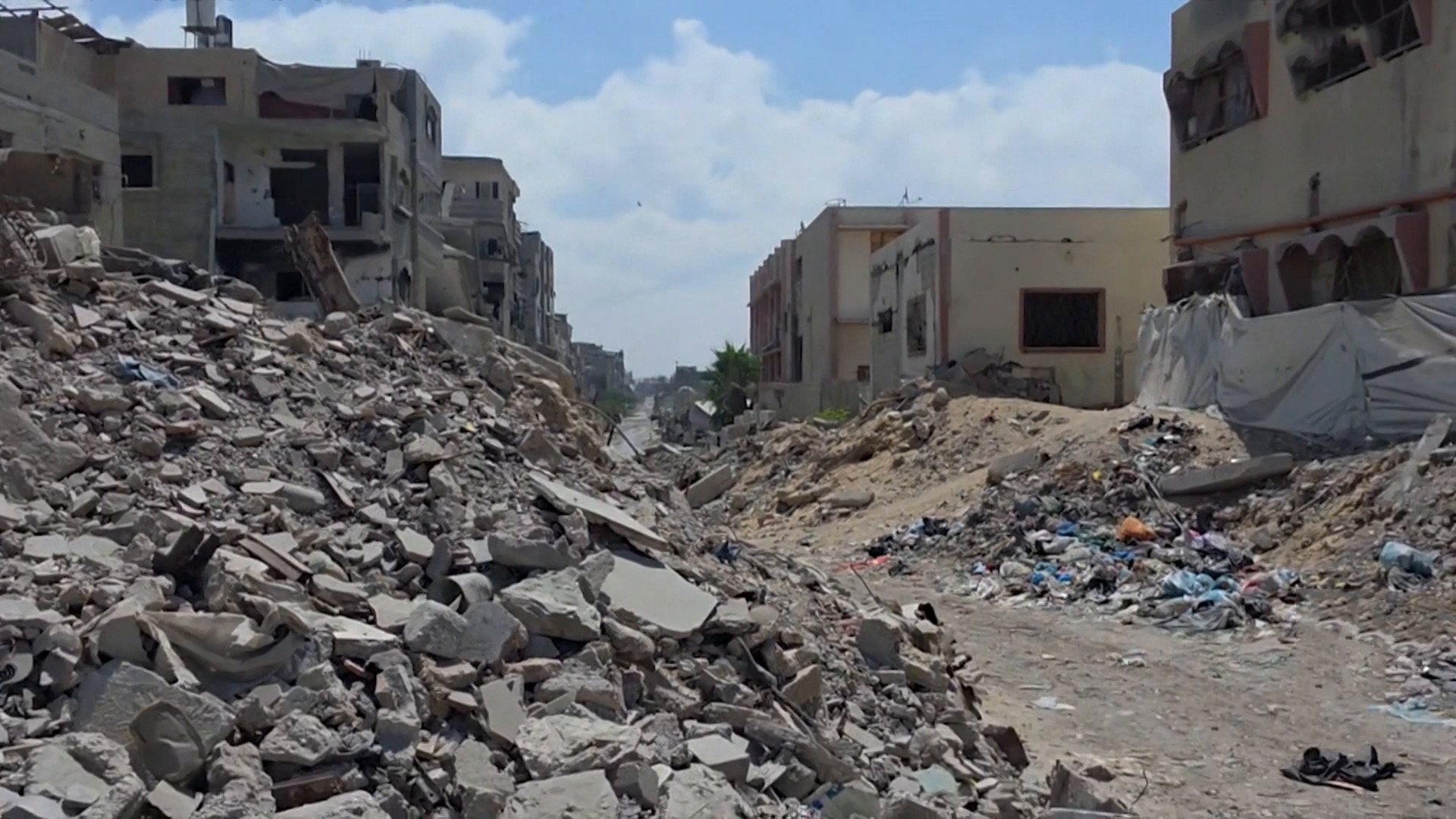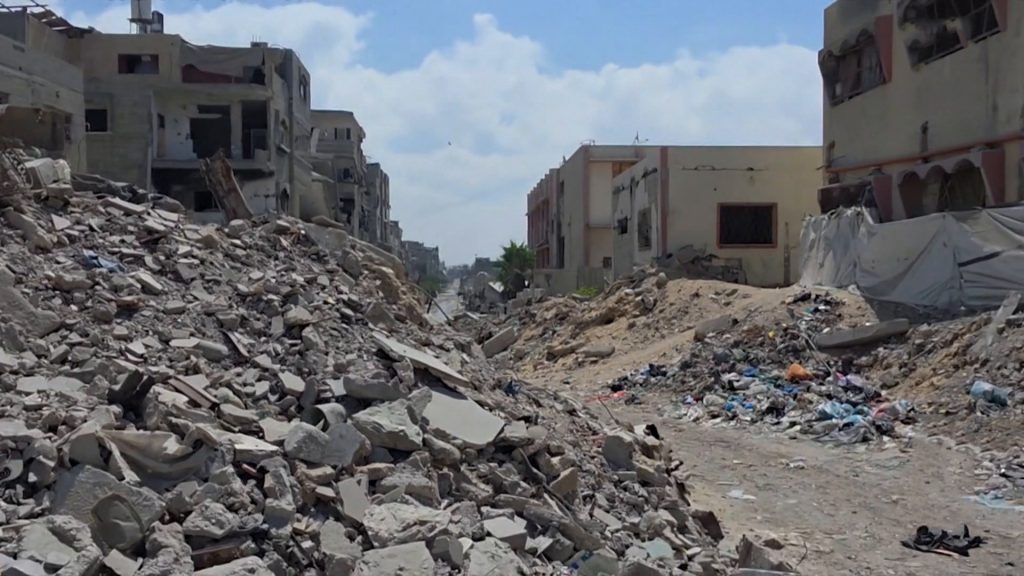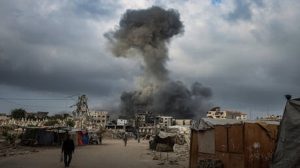A recent international report described the situation in the Gaza Strip as a “global shame,” facing the worst humanitarian crisis in modern history, with an Israeli military campaign causing over 63,000 deaths and about 160,000 injuries.
The International Crisis Group published a report reviewing events on the ground and analyzing international stances, warning that the Israeli campaign has destroyed Gaza’s infrastructure and displaced over two million Palestinians within an area no larger than one-fifth of the Strip, amid mass displacement and widespread destruction of hospitals, schools, and vital facilities.
The report noted that despite international pressure, Israeli Prime Minister Benjamin Netanyahu—wanted by the International Criminal Court—still refuses any comprehensive ceasefire before meeting a set of conditions including the release of prisoners and disarmament of Hamas, according to him.
According to the report, Israel has begun calling up thousands of reservists and conducting systematic attacks on Gaza City, Khan Younis, and Deir al-Balah, with entire residential neighborhoods, hospitals, and schools destroyed.
It confirmed that the economic cost of this war has become enormous, with Israel’s direct losses estimated at about 90 billion dollars so far, in addition to its impact on the army and Israeli society due to the depletion of reserve forces and exhaustion of civilians.
On the domestic political front, Netanyahu understands that any truce might give him a temporary period to reorganize his coalition after two parties withdrew due to disagreements over recruiting ultra-Orthodox religious soldiers, but at the same time, he bets that continuing military operations will strengthen his image among his hardline voters and enable him to pressure Hamas while keeping the military option open to end any future resistance.
In this regard, the report mentions that Hamas accepted in August 2025 a temporary ceasefire proposal for 60 days, mediated by Egypt, Qatar, and the United States, which included prisoner exchanges, increased humanitarian aid, and partial Israeli troop withdrawals.
The report pointed out that Israel has not yet announced any official response to this proposal, reflecting ongoing military and diplomatic deadlock and leaving Palestinians vulnerable to further daily suffering.
The report also focused on the humanitarian aspect, following the tightening of the Israeli siege on the Strip and the replacement of the UN aid system with the Gaza Humanitarian Foundation, a process that, according to the report, led to failure in delivering food to the most needy, especially in the northern Strip, turning supply shortages into actual famine.
It noted that on August 22, 2025, the UN Food Security Classification (IPC) announced that famine had begun to affect about one million people in Gaza, with expectations of its spread northward.
The report explains that millions of Palestinians now live in a very small area of the Strip, most in tents or destroyed buildings, while children, journalists, and rescue teams face direct attacks from Israeli aircraft, including so-called double strikes.
The International Crisis Group report concludes that the options are limited: either an immediate end to the war, which would ensure civilian protection and allow gradual negotiations on reconstruction, governance, and security, or continuation of the war, which would lead to more death, destruction, and possibly the end of collective Palestinian life in the Strip.
The report emphasized that no party can fully achieve its military goals: Hamas has shown partial resilience despite destruction, and Israel faces difficulty eliminating it without mass displacement of Palestinians.
Therefore, reaching a solution requires genuine international pressure and mutual concessions, with guarantees for civilian protection.











Recommended for you
Exhibition City Completes About 80% of Preparations for the Damascus International Fair Launch
Talib Al-Rifai Chronicles Kuwaiti Art Heritage in "Doukhi.. Tasaseem Al-Saba"
Unified Admission Applications Start Tuesday with 640 Students to be Accepted in Medicine
Al-Jaghbeer: The Industrial Sector Leads Economic Growth
Ministry of Media Announces the 10th Edition of 'Media Oasis'
Love at First Sight.. Karim Abdel Aziz and Heidi: A Love That Began with a Family Gathering and 20 Years of Marriage